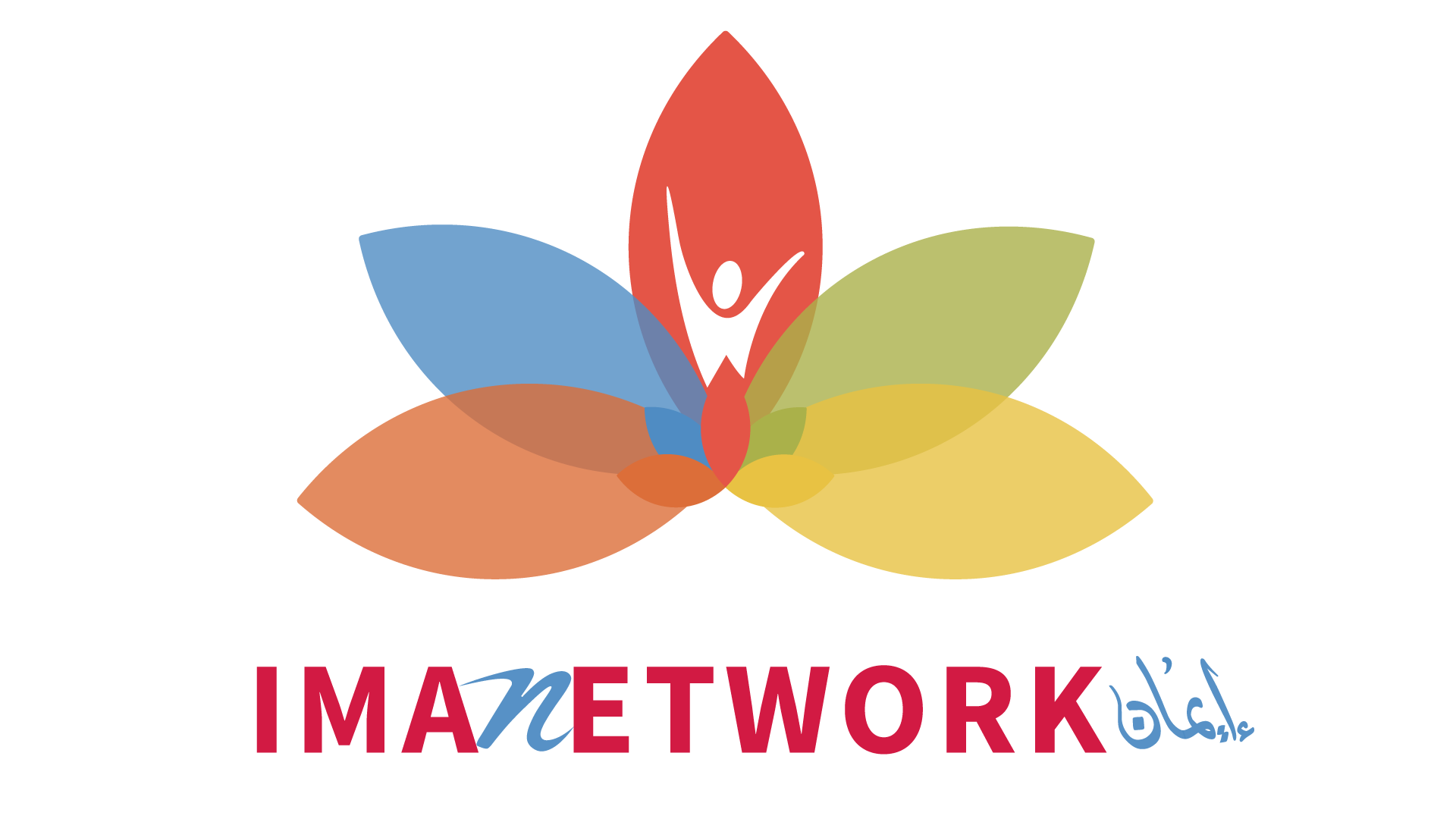Our Programs
We treat clients from an approach to treatment is a holistic approach that treats the person as a whole and as an indivisible entity. It becomes impossible to treat the mind and behavior, without taking the client’s physical health, lifestyle, environment, relationships, etc. into consideration and dealing with it appropriately. This service will consist of a form of healing that considers the whole person -body, mind, spirit, and emotions — in the quest for optimal health and wellness so the person can achieve optimal health by gaining proper balance in life. We provide the residents of our residential addiction treatment program with the tools they need to recover. And to maintain that recovery once they have left our care.
Comprehensive Care for All
Our commitment to mental health extends across diverse demographics, recognizing that each person’s journey is unique. Whether you’re a youth grappling with the complexities of adolescence, a family facing challenges together, an individual navigating personal struggles, or someone overcoming addiction, the Iman Network is here for you.
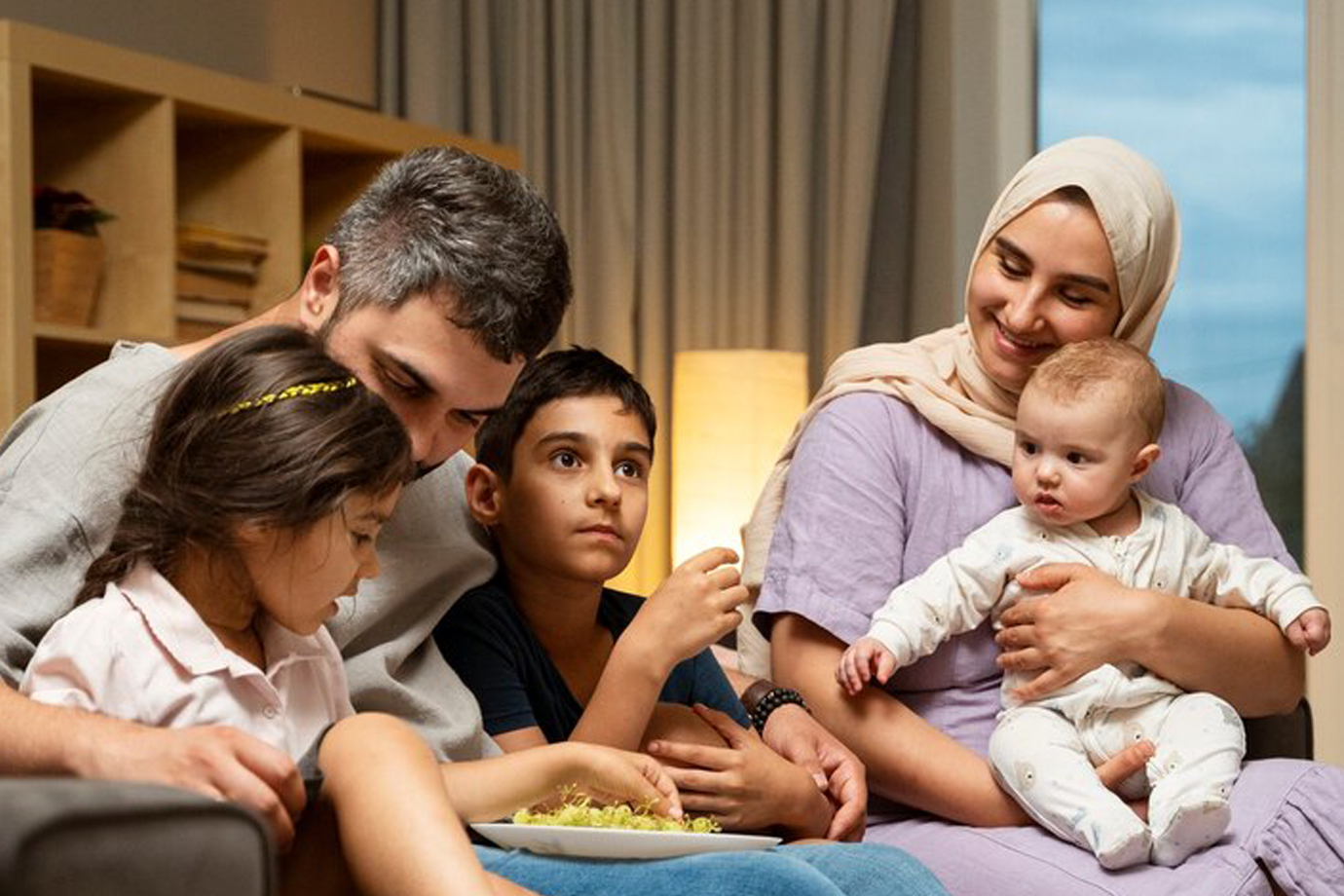
Outpatient Program
- Our outpatient program offers professional treatment services which include:
- Addiction/Abuse
- Anger/Stress Management
- Self-Discovery
- Depression/Anxiety
- Psychiatric Care
- Individual, Marital, Couples, Family and Group Counseling
- Life Transitions Education
- Co-Dependency Education
- The outpatient program consists of two phases after the completion of the residential program:
Our Services
Iman Network invites you to embark on a journey of mental health and well-being with us. Together, let’s build a resilient community were individuals and families, thrive. Your mental health matters, and we are here to support you every step of the way.
Our commitment to mental health extends across diverse demographics, recognizing that each person’s journey is unique. Whether you’re a youth grappling with the complexities of adolescence, a family facing challenges together, an individual navigating personal struggles, or someone overcoming addiction, Iman Network is here for you.
Youth Services
Iman Network is passionate about supporting the mental health of our youth. Our specialized services for young individuals provide a safe space for them to explore their emotions, develop coping mechanisms, and build the skills necessary for a healthy transition to adulthood. Our team of experienced clinicians works closely with youth to address issues such as anxiety, depression, peer relationships, and academic stress.
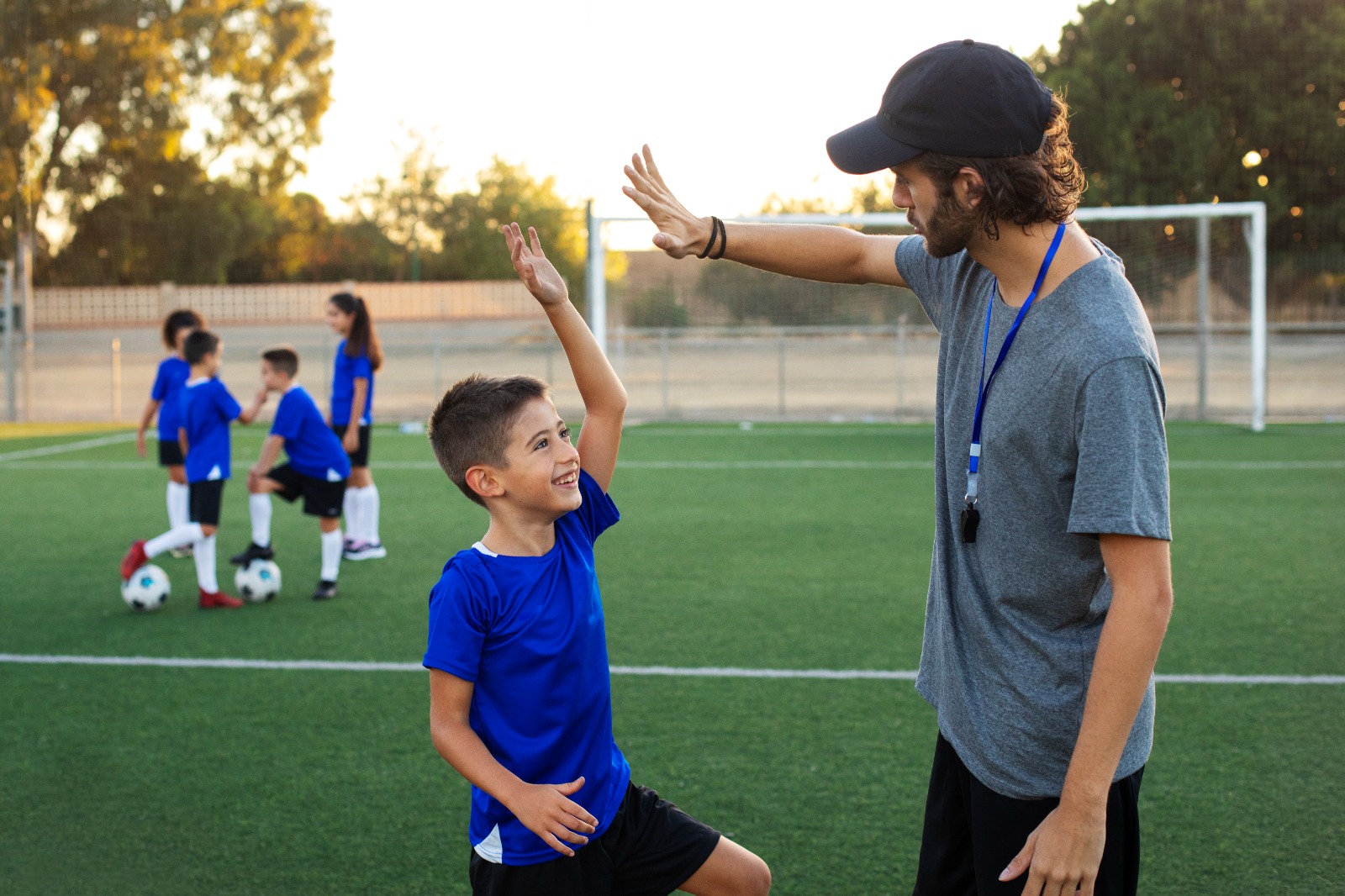
Family-Centered Approach
Recognizing the interconnectedness of family dynamics, Iman Network employs a family-centered approach to mental health. Our services extend beyond individual therapy to include family counseling, workshops, and support groups. We can create a foundation for lasting positive change by fostering open communication and understanding within families.
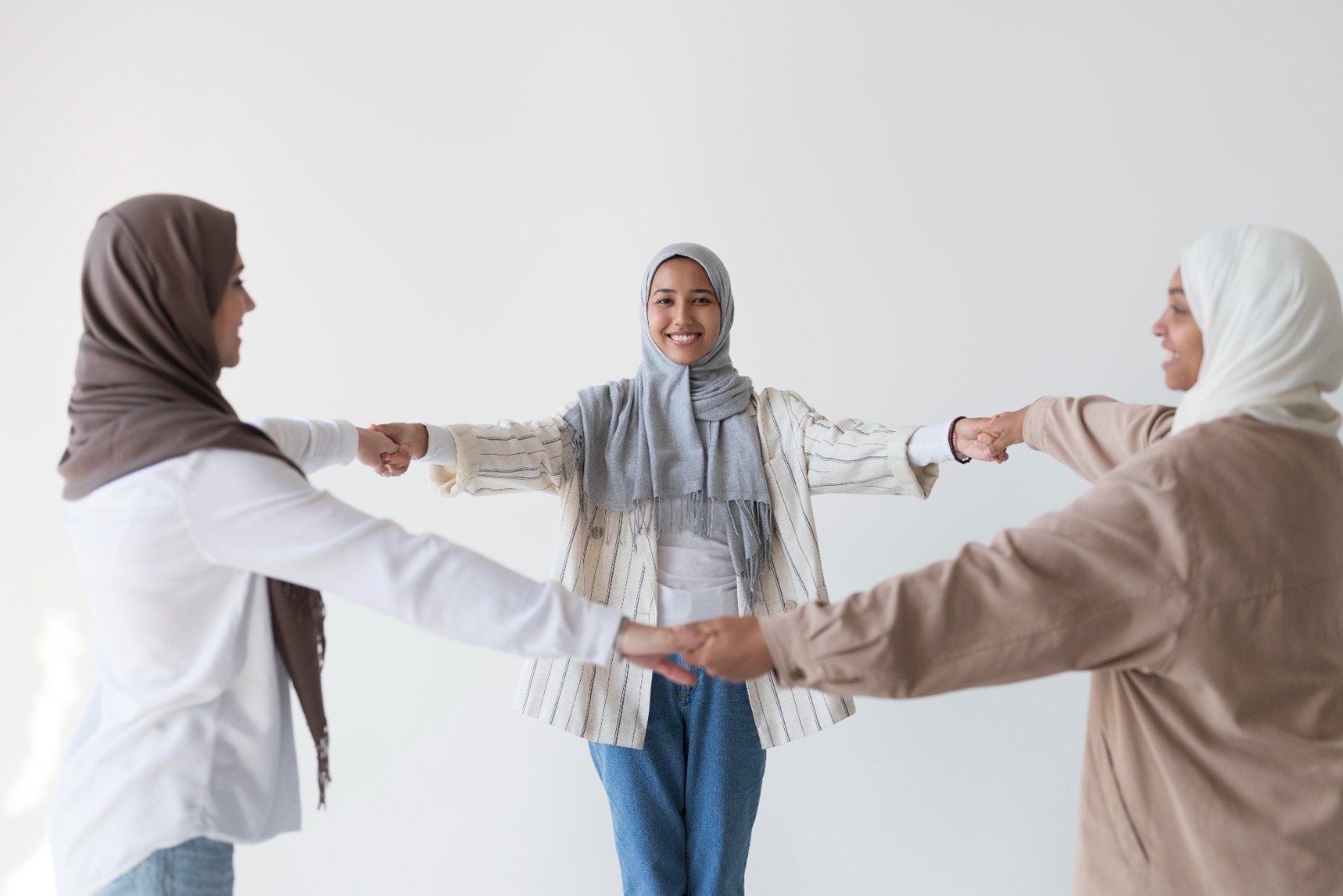
Individualized Support
Every individual faces unique challenges on their mental health journey. Iman Network’s clinical services are designed to be individualized and person-centered. Our skilled therapists collaborate with clients to develop personalized treatment plans, incorporating evidence-based practices to address specific needs and promote sustainable mental well-being.
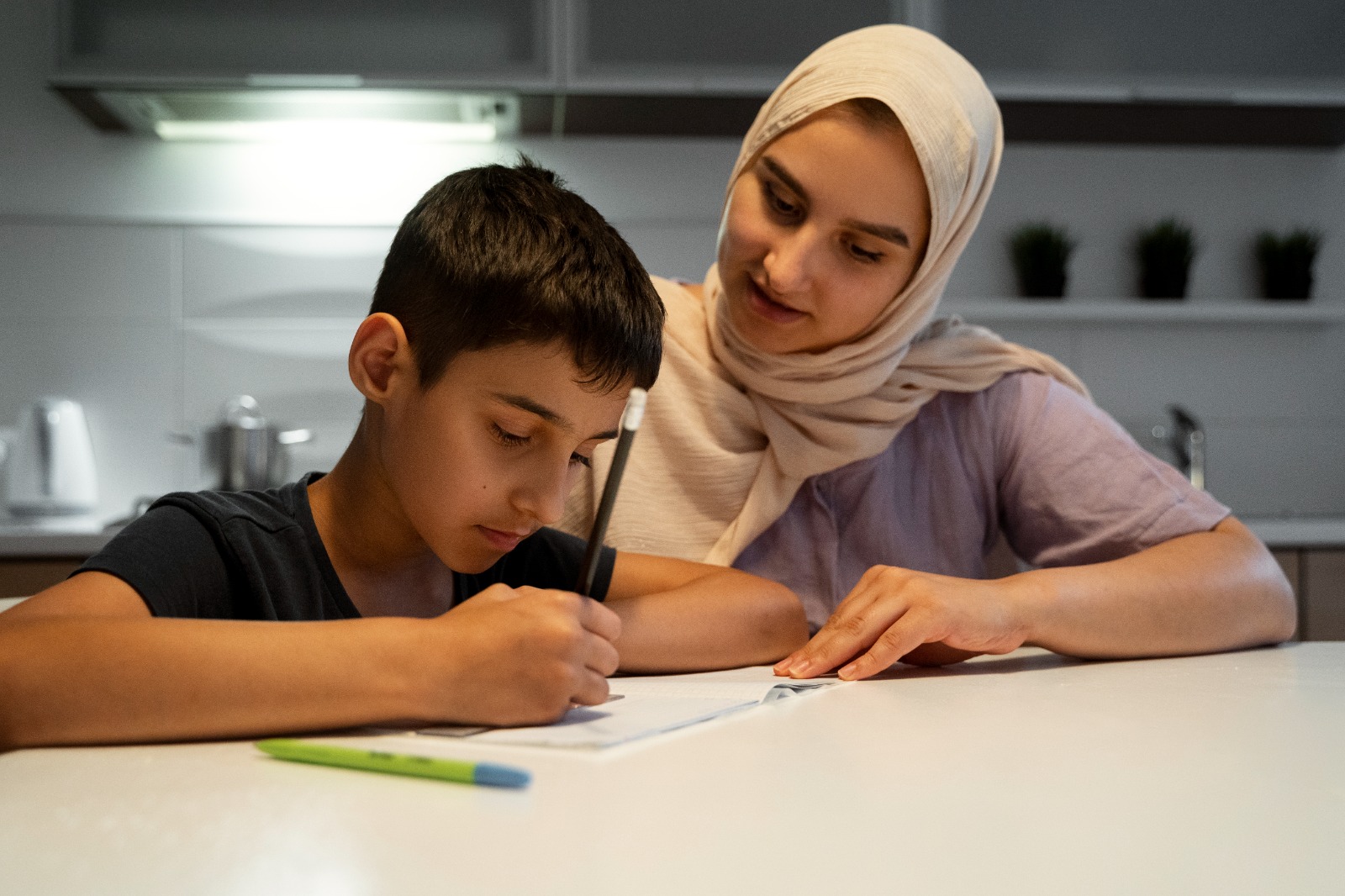
Support for Addiction Recovery
Iman Network is committed to aiding individuals on the path to addiction recovery. Our comprehensive services include counseling, support groups, and resources to help individuals overcome addiction. We believe in treating addiction with compassion, addressing underlying issues, and providing the necessary tools for lasting recovery.

Community Engagement and Outreach
At Iman Network, we believe in the power of community. Our organization actively engages in community outreach programs, educational initiatives, and awareness campaigns to break mental health stigma. By fostering understanding and empathy, we strive to create a society where mental health is prioritized and supported.
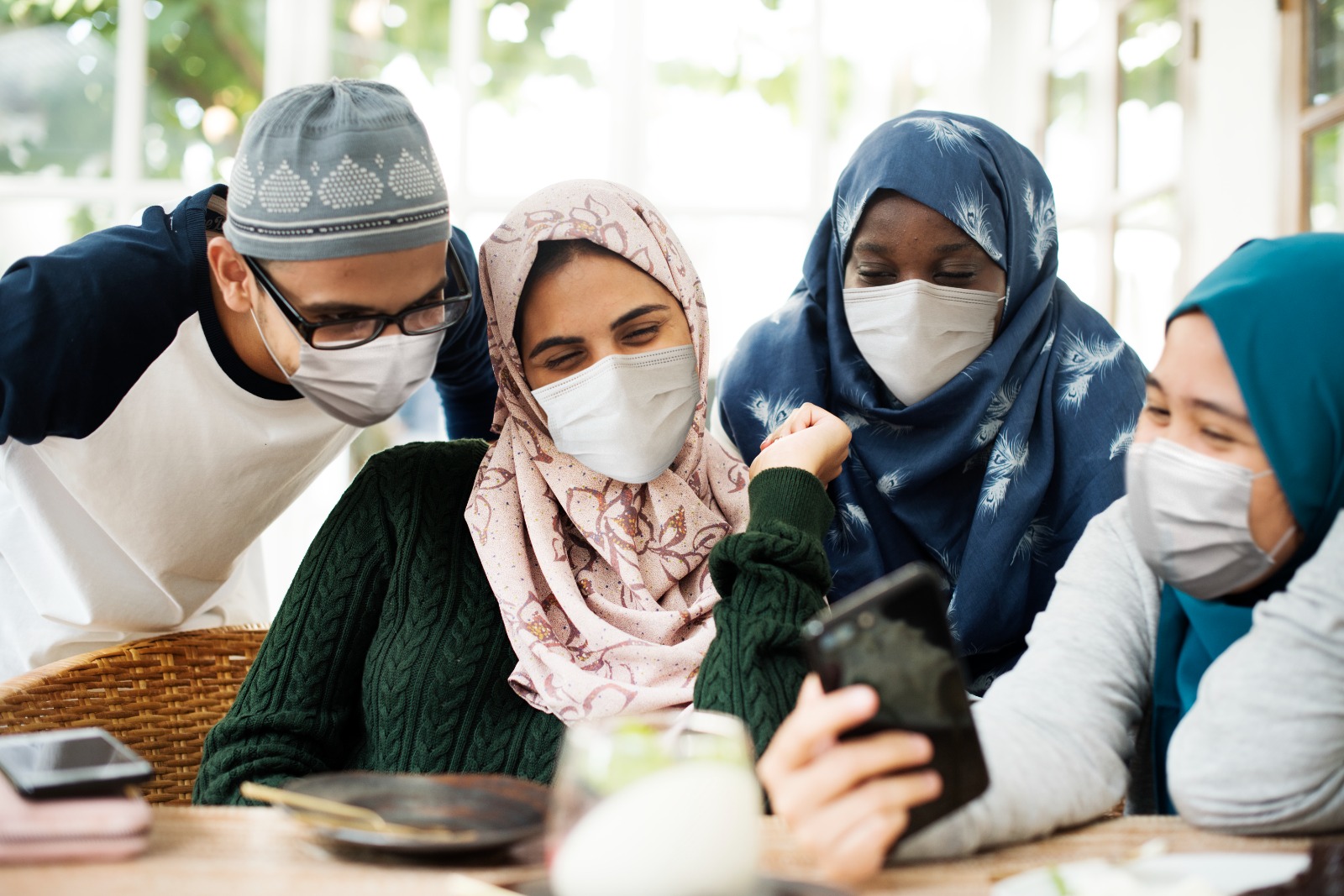
Accessible and Inclusive Services
Iman Network is dedicated to ensuring that mental health services are accessible to all. We work tirelessly to remove barriers and provide affordable, quality care. Our commitment to inclusivity extends to culturally competent services that respect and honor diverse backgrounds, ensuring everyone feels seen, heard, and understood.
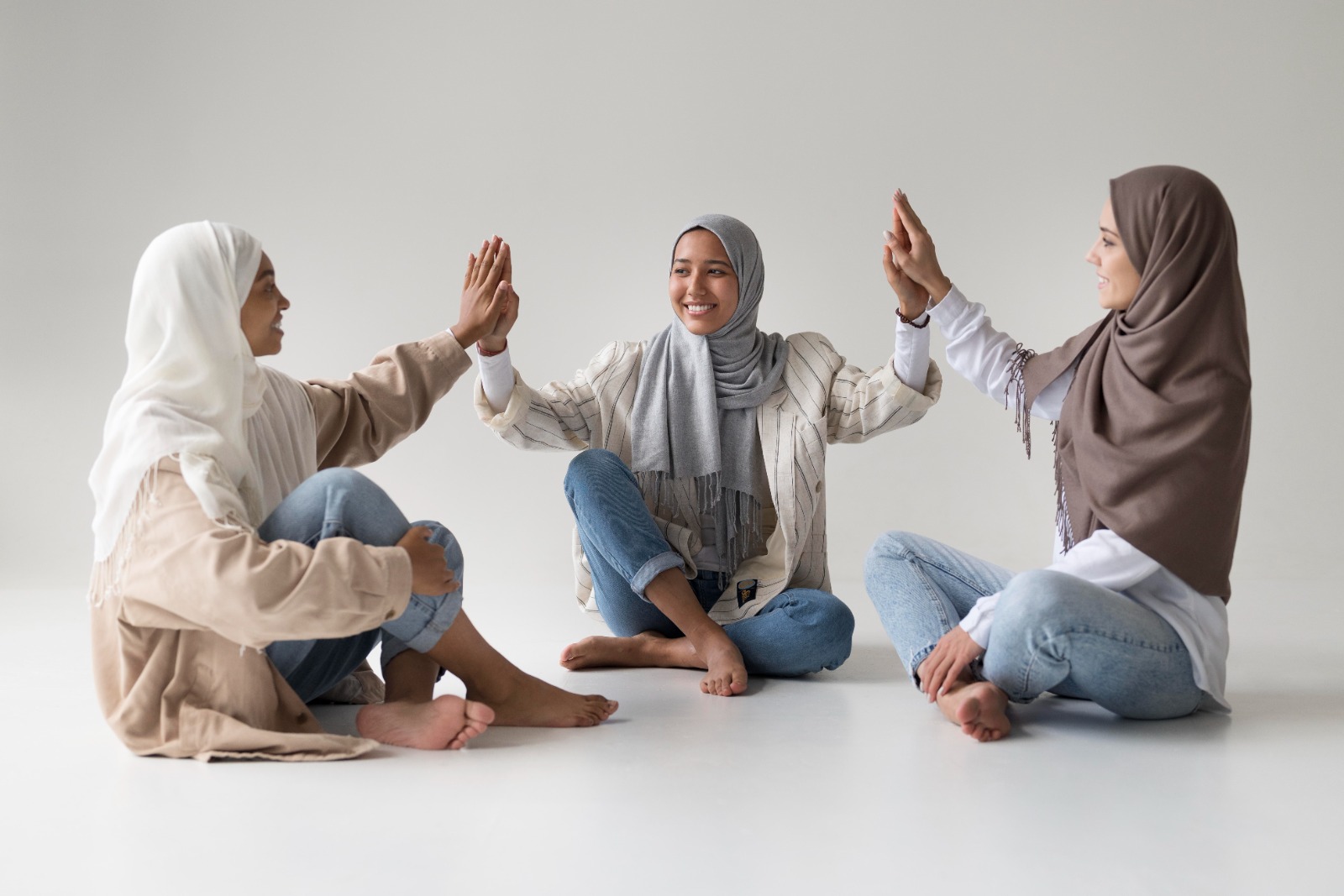
We understand that our patients may not always have the time or ability to meet with us physically. Through Telehealth, patients can have secure and convenient therapy sessions from the comfort of their homes. This service is available both in the current COVID-19 situation as well as part of our usual treatment plan.

Our programs is focused on accomplishing the following four goals throughout the treatment:
COMBATING MENTAL HEALTH AND ADDICTION
Through holistic work therapy, group, and individual counseling sessions, spiritual direction, and life-skills development, program members learn to abandon substance reliance.
HELPING INDIVIDUALS TO REGAIN HEALTH AND STABILITY
Individuals who have been rehabilitated will be reunited with their families and be able to resume healthy daily routines. This way children will have their parents back, or families can have their children back. People regain their lives with a better and stronger community.
BUILD WORK AND SOCIAL SKILLS
Many service providers do not have the experience or training to deal with the difficult impact of these problems, nor do they know how best to employ those who suffer from mental illness or prior trauma. The program will provide job skills training and job opportunities to these individuals who have completed their rehabilitation so they can provide for themselves and others as they set and maintain sustainable employment goals. We aim to pave a path from poverty to employment.
RESTORE FAMILIES
Individuals who have been rehabilitated will be reunited with their families and be able to resume healthy daily routines. This way children will have their parents back, or families can have their children back. People regain their lives with a better and stronger community.
Outpatient Counseling Services
We provide outpatient counseling services to adults, couples, groups, and children (age 5 or over) on an individual basis, using a broad range of treatment modalities and a holistic integrative approach. A holistic approach is concerned with the attainment of optimal well-being through awareness and balanced integration of an individual’s physical, emotional, mental, spiritual, and personal aspects. We welcome all individuals from all cultural backgrounds.

DUAL DIAGNOSIS TREATMENT PROGRAM
- A Dual diagnosis refers to a person with more than one medical disorder. This may be addiction to more than one substance or addiction to one or more mental disorders.
- Common psychological disorders that accompany addiction include:
● Anxiety
● Depression
● Eating disorders
● Bipolar disorder
● Obsessive-compulsive disorder
● Schizophrenia
- More than half of the population with addiction suffers from some form of mental disorder as well. The effects of the disease are often the main cause of addiction. Many individuals who suffer from a mental disorder such as depression and anxiety use alcohol or other types of drugs to treat themselves. Although this may seem at first a way to relieve their stress, self-medication may lead to drug addiction. This increases symptoms of depression and anxiety,
which creates a vicious cycle of addiction. - Our method of treating dual diagnosis
- Treating individuals with dual diagnoses has proved to be more difficult than treating those who struggle with addiction only, as clients with accompanying disorders are at high risk of suicide. Treatment can be complicated and very delicate. Many symptoms of mental illness and addiction mimic and depend on one another, aggravating the symptoms. A misdiagnosis usually spreads among people with dual diagnoses. Failure to identify and treat associated
disorders is the main cause of relapse among individuals with dual diagnoses. At Iman Network, we know that a deep understanding of dual diagnosis is vital for a successful recovery, as well as for preventing relapse. Our team of addiction consultants and psychologists specializes in this field. Before the client reaches our rehab center, we conduct an extensive psychological evaluation to determine if they have a comorbid disorder. Based on the results of the evaluation, our therapeutic team establishes a direct relationship with those involved in the client’s earlier treatment, to understand the client’s exact situation and to ensure consistent medical treatment during the client’s stay at our rehab center. Then our team works closely with the client to determine the most effective dual diagnosis treatment plans for the client.
- This program is structured differently than the other rehab programs to ensure that the patient is given enough time to recover and heal. Through this longer, more gradual approach, long-term recovery is much more likely. We know that our clients with Dual disorders need comprehensive care, so our clinical team designs a client-specific treatment plan to deal with any aspect of his/her specific needs. The individualized personal approach, combined with the compassion and dedication of our experienced therapeutic team, has been proven to heal and help individuals to recover.
- Trauma services are available for individuals who have experienced some form of trauma in their life.
Family/Couple Therapy
Providing family or couple therapy at Iman Network involves a culturally sensitive approach to addressing relational issues.
Initial Assessment: The therapy process typically begins with an initial assessment session where the therapist gets to know the family or couple, their background, cultural context, and the specific issues they are facing while establishing rapport and trust.
Understanding Cultural Dynamics: Recognizing the importance of cultural factors in shaping family dynamics, the therapist considers the clients’ cultural nuances, particularly within the Islamic framework. This could include understanding gender roles, family hierarchy, and the influence of religious beliefs on relationships.
Collaborative Goal Setting: Together with the family or couple, the therapist identifies goals for therapy. These goals may include improving communication, resolving conflicts, strengthening family bonds, or addressing specific issues such as parenting challenges, financial stress, or intergenerational conflicts.
Applying Islamic Principles: In integrating Islamic principles into therapy, the therapist draws upon teachings from the Quran and Hadith that emphasize compassion, empathy, forgiveness, and mutual respect within relationships. This involves exploring how Islamic values can inform conflict resolution, decision-making, and emotional expression within the family unit.
Communication Skills Training: One key area of focus in family or couple therapy is often improving communication. The therapist teaches communication skills such as active listening, assertiveness, and effective emotional expression tailored to the client’s cultural and religious context.
Conflict Resolution Strategies: Another important aspect of therapy is helping families and couples develop healthy strategies for resolving conflicts and managing disagreements. This involves teaching negotiation techniques, problem-solving skills, and strategies for de-escalating conflicts while upholding Islamic principles of peace and reconciliation.
Cultural Sensitivity: Throughout the therapy process, the therapist maintains cultural sensitivity, respecting the clients’ values, traditions, and religious beliefs. They create a safe, non-judgmental space where clients feel comfortable expressing themselves and exploring sensitive topics.
Follow-Up and Support: Therapy at Iman Network includes follow-up sessions to monitor progress, provide ongoing support, and adjust intervention strategies as needed. The Goal is to empower families and couples to build stronger, healthier relationships that align with their Islamic values and promote overall well-being.
By integrating culturally sensitive approaches with Islamic principles, family and couple therapy at Iman Network aims to strengthen relationships, promote harmony within families, and support individuals in navigating life’s challenges while staying true to their faith.
TREATMENT - Modalities to Therapy - INDIVIDUAL THERAPY
There is a rise in the number of individuals who become addicts within the United States population. However, many of the programs that exist in the U.S. don’t meet the needs of the addict population. We know that every individual struggling with addiction is unique. And this means that every addiction treatment plan must be unique as well. The substances an individual uses, the severity of the individual addiction, and even individual age, social circumstances, family background, and religion all play important roles in determining what your treatment should look like and what approach should be used. Therefore, our residential addiction treatment program is based on developing a personalized addiction treatment plan for each of the residents. Through the personalized treatment plan that is based on holistic treatment allowing us to address each of a resident’s individual recovery needs and preferences.
GROUP THERAPY
- There are numerous advantages to using groups in substance abuse treatment including:
- Provide positive peer support and pressure to abstain from substances of abuse.
- reducing the sense of isolation that most people who have substance abuse disorders experience. At the same time, groups can enable participants to identify with others who are?
- enabling people who abuse substances to witness the recovery of others.
- helping members learn to cope with their substance abuse and other problems by allowing them to see how others deal with similar problems.
- Provide useful information to clients who are new to recovery.
- Provide feedback concerning the values and abilities of other group members.
- offering family‐like experiences.
- encouragement, coaching, support, and reinforcement, as members undertake difficult or anxiety‐provoking tasks.
- offering members the opportunity to learn or relearn the social skills they need to cope with everyday life instead of resorting to substance abuse.
- effectively confronting individual members about substance abuse and other harmful behaviors.
- allowing a single treatment professional to help several clients at the same time.
- adding needed structure and discipline to the lives of people with substance use disorders, who often enter treatment with their lives in chaos.
- instilling hope, a sense that “If he can make it, so can I.”
- support and encouragement to one another outside the group setting. We offer specialized groups for the residential and outpatient populations. Our group therapy for substance abuse treatment includes:
- Cognitive–behavioral groups which teach individuals to rearrange patterns of thinking and action that lead to addiction.
- Psychoeducational groups which teach individuals about substance abuse.
- Skills development groups which teach individuals to hone the skills necessary to break free of addictions.
- Support groups, where members of the group can support constructive change.
- Interpersonal process group psychotherapy which enables clients to recreate their pasts in the here‐and‐now and rethink the relational and other life problems that they have previously escaped from.
- Specialized Groups in Substance Abuse Treatment
- Relapse Prevention
- Communal and Culturally Specific Groups
- Expressive Groups
- Groups Focused on Specific Problems, and others
